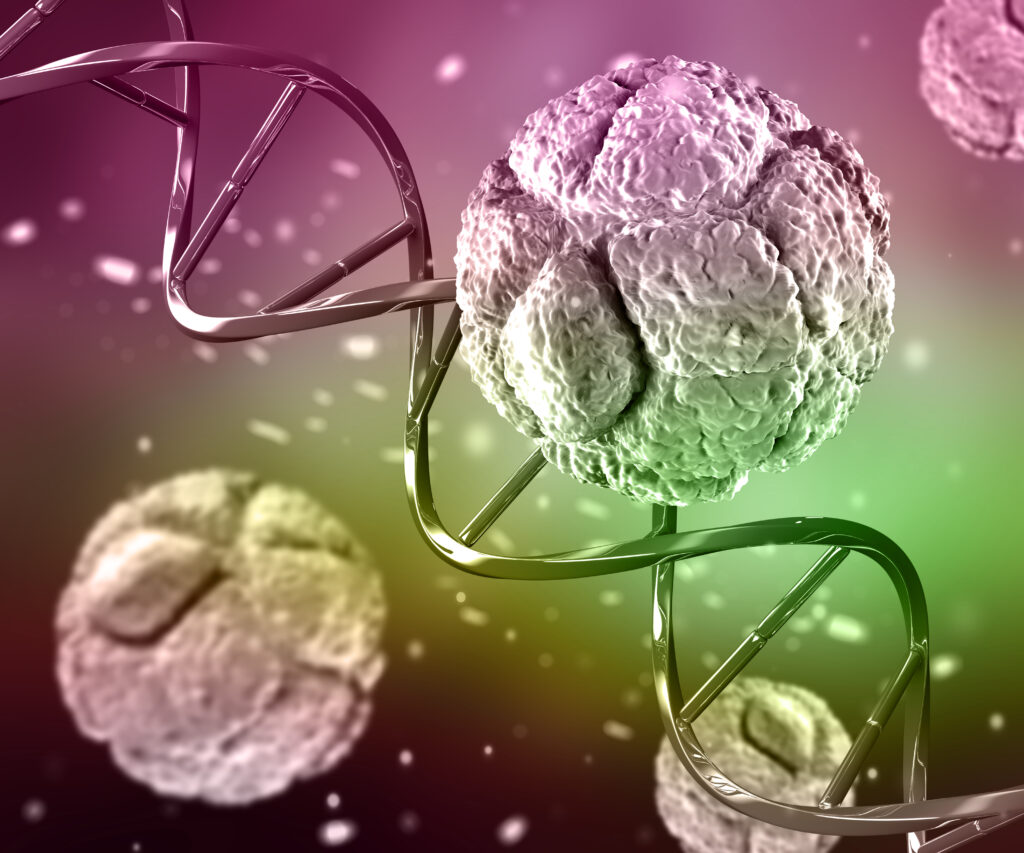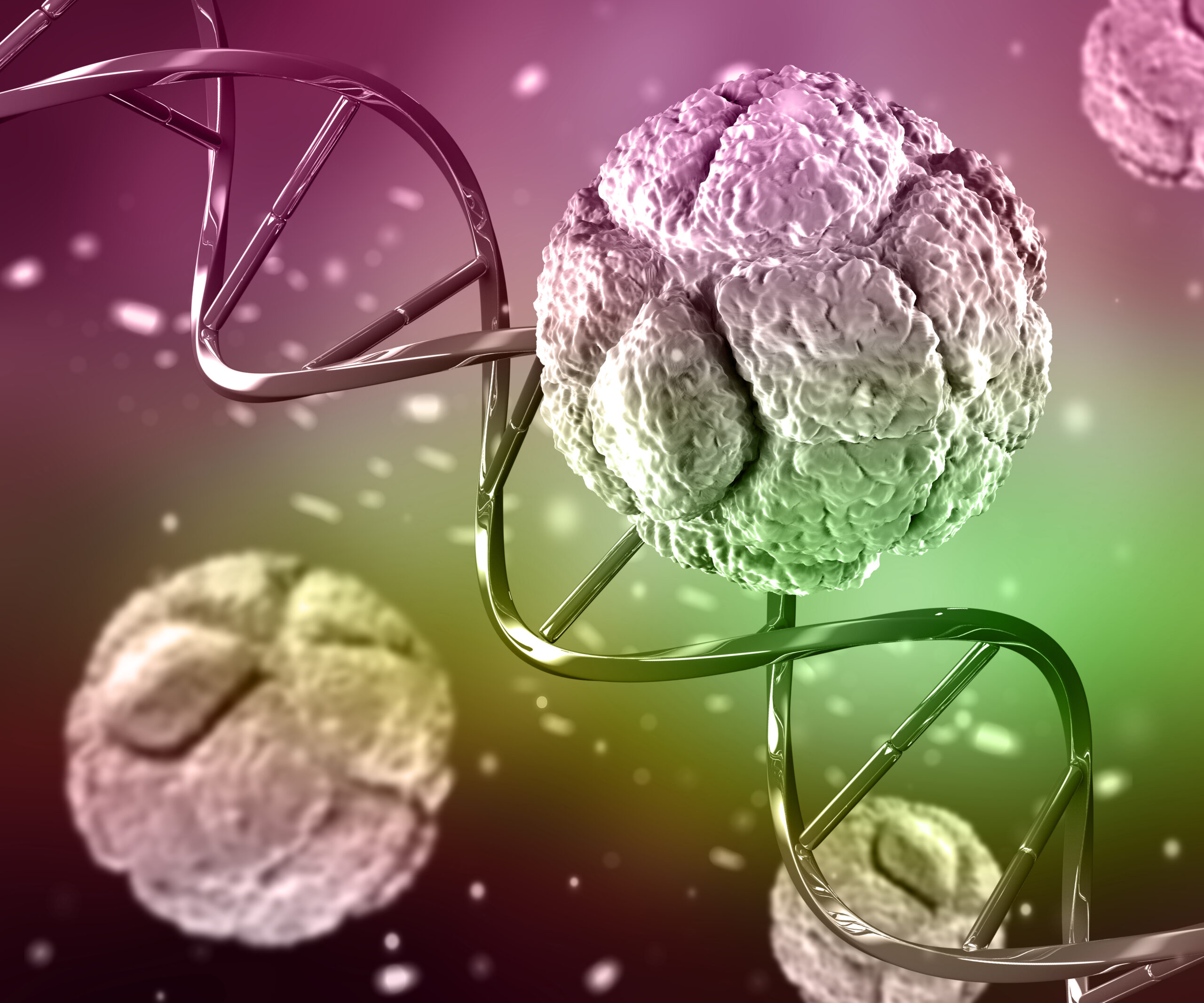The Backbone of Cancer Research: Exploring the Power of Human Tumor Tissue and Bio-Fluid Samples
Cancer remains one of the leading causes of death globally, demanding innovative research approaches to improve diagnosis, treatment, and prevention. Central to this effort are human tissue and bio-fluid samples, which have become the foundation of modern cancer research. These biological materials, including human tumor tissue, cancer tissue samples, and bio-fluids such as blood and urine, provide researchers with critical insights into the mechanisms driving cancer development and progression.
In this article, we explore the indispensable role of human tissue and bio-fluid biospecimens in cancer research and how they are shaping the future of oncology.
What Are Human Tissue and Bio-Fluid Samples?
Human tissue samples refer to pieces of tissue taken from the human body, often during surgery or biopsy, that are used for research or diagnostic purposes. In the context of cancer research, this includes human tumor tissue, cancer tissue samples, and fresh frozen tissue samples. Bio-fluid samples, on the other hand, include bodily fluids like blood, plasma, serum, urine, and cerebrospinal fluid.
Together, these samples provide a comprehensive biological snapshot of a patient’s health status and tumor characteristics, which is invaluable in cancer research.
Why Are Human Tissue Samples Crucial for Cancer Research?
1. Understanding Cancer Biology
Human tissue samples, particularly cancer tissue samples, allow researchers to analyze the genetic, molecular, and cellular characteristics of tumors. This analysis helps in identifying mutations, gene expression patterns, and signaling pathways that drive tumor growth. By studying human tumor tissue, scientists can gain a deeper understanding of how cancers originate and evolve.
2. Developing Personalized Medicine
The rise of precision medicine in oncology depends heavily on access to well-characterized biospecimens. Fresh frozen tissue samples are especially valuable because they preserve RNA and protein integrity, allowing for accurate genomic and proteomic analyses. This data helps oncologists tailor treatments to the unique molecular profile of each patient’s tumor.
3. Drug Development and Testing
Pharmaceutical companies rely on human tissue samples to test new cancer drugs in preclinical studies. These samples help in evaluating drug efficacy and identifying potential biomarkers for response or resistance. The use of cancer tissue samples enables more realistic in vitro and ex vivo models of cancer, improving the predictability of clinical outcomes.
Learn More About: The Importance of Human Tissue Samples and Bio-Fluid Biospecimens in Cancer Research
The Role of Bio-Fluid Samples in Complementing Tissue-Based Research
While tissue samples provide detailed information at the tumor site, bio-fluid samples offer a less invasive means of monitoring disease progression and response to treatment. For instance:
- Liquid Biopsies: Blood samples can be used to detect circulating tumor cells (CTCs) and cell-free DNA (cfDNA), which offer real-time insights into tumor dynamics.
- Biomarker Discovery: Bio-fluids are a rich source of biomarkers, such as proteins and metabolites, that can aid in early cancer detection.
- Longitudinal Studies: Bio-fluid collection enables repeated sampling over time, which is essential for tracking cancer progression and therapeutic efficacy.
Fresh Frozen Tissue Samples: Preserving Molecular Integrity
One of the gold standards in biospecimen collection is the use of fresh frozen tissue samples. Unlike formalin-fixed, paraffin-embedded (FFPE) tissues, fresh frozen tissues maintain the integrity of nucleic acids and proteins, making them ideal for high-throughput omics technologies like RNA-seq and mass spectrometry.
This level of molecular preservation allows for:
- High-quality genomic and transcriptomic analyses
- Improved reproducibility in biomarker studies
- Enhanced detection of rare genetic variants
The importance of fresh frozen samples is underscored by their inclusion in major cancer research initiatives like The Cancer Genome Atlas (TCGA).

Ethical Considerations and Biobanking
The collection and storage of human tissue samples and bio-fluids must adhere to strict ethical guidelines. Informed consent, donor anonymity, and transparent use of samples are critical for maintaining public trust.
Biobanks play a central role in this ecosystem. These repositories ensure the proper collection, processing, storage, and distribution of biospecimens. High-quality biobanking standards are essential for ensuring that samples are suitable for research and reproducible across studies.
Real-World Impact of Biospecimens in Cancer Research
Numerous breakthroughs in cancer research have been made possible by access to high-quality biospecimens. For example:
- The discovery of HER2 overexpression in breast cancer and subsequent development of targeted therapies like trastuzumab
- The identification of EGFR mutations in lung cancer that led to the creation of tyrosine kinase inhibitors
- Advancements in immunotherapy, guided by molecular profiling of tumor-infiltrating lymphocytes in tissue samples
These milestones demonstrate the transformative impact of human tissue and bio-fluid samples in driving cancer research forward.
Future Directions
With the advent of technologies like single-cell sequencing, spatial transcriptomics, and artificial intelligence, the value of biospecimens is only increasing. These tools require high-quality input material, further highlighting the importance of meticulously collected cancer tissue samples and fresh frozen tissue samples.
Moreover, the integration of biospecimen data with electronic health records and real-world clinical outcomes is creating new opportunities for discovery and innovation
Conclusion
Human tissue and bio-fluid biospecimens are the cornerstone of modern cancer research. From enabling precision medicine to facilitating drug development, these samples provide the biological insights necessary to combat cancer more effectively.
As research becomes more data-driven and patient-specific, the demand for high-quality human tumor tissue, cancer tissue samples, human tissue samples, and fresh frozen tissue samples will continue to grow. Supporting ethical biobanking practices and investing in advanced analytical tools will ensure that these invaluable resources are used to their fullest potential in the global fight against cancer.

